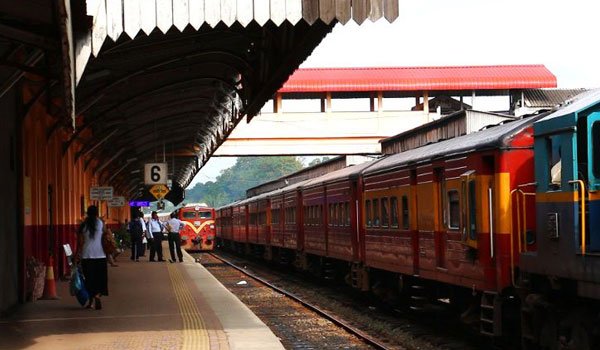Wanigaratne Karunathilake was a security guard on the Ocean Queen as it chugged south Sri Lanka’s western coast on Dec 26, 2004, and remembers vividly when the first wave of a tsunami borne by a monster earthquake off the coast of Indonesia hit.
"When the train reached Peraliya, it was hit by the tsunami,” Mr Karunathilake told Channel News Asia. “The first wave didn't harm any passengers. Only one carriage was damaged. It was the second wave that got the train off the railway and killed a lot of people."
It was the deadliest ever train disaster in Sri Lanka, killing more than 1,500 people packed aboard carriages that were smashed by huge waves and in the nearby village who could not outrun the waves.
For Mr Karunathilake, the impact was not the biggest shock. Instead it was the inability to understand that the sea had swelled and knocked in a wall of water and that more was coming.
"After the first wave, I got off the train and went to check on the passengers” said Mr Karunathilake. “Then, I saw the second wave and rushed back onto the train again. My carriage then flipped over. I managed to crawl out of a window and climb onto the roof. After that, I got swept away with the carriage."
But for most of the passengers trapped inside the carriages, that was the last journey of their lives and for those that survived in the village, rebuilding lives 10 years later has been a patchy process even as international aid poured into the country and Sri Lanka’s Ministry of Fisheries promised to build new homes.
"When it rained, the rain would get into every room,” said survivor Allahapperuma Arachchige Sriyani of her damaged home in the village. “Everything would get wet whenever it rained.” She, her husband and three children eventually moved away with many other families.
“The government-backed construction stopped halfway. My family didn't have enough money to have the house built ourselves. So, we simply couldn't live here."
(channelnewsasia.com)






